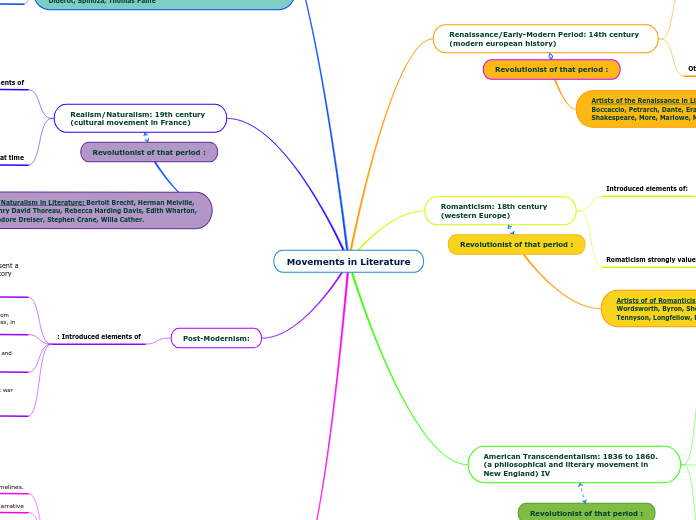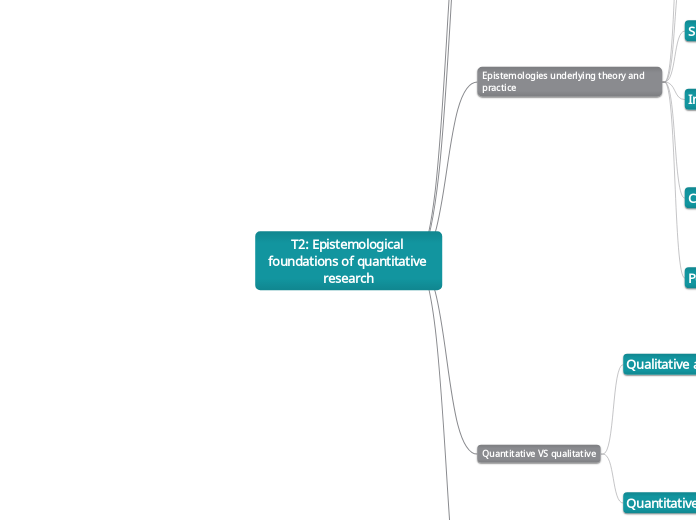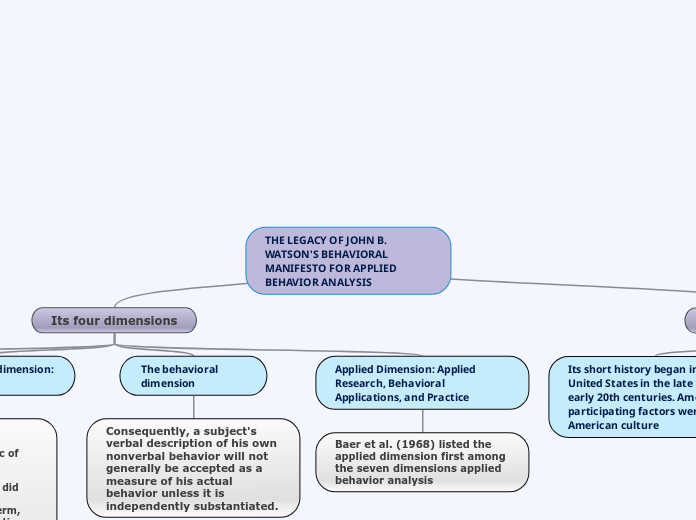von Jess Nguyen Vor 6 Jahren
623
METAETHICS
Metaethics explores the nature of moral judgments, encompassing various theories about the origin and validity of moral values. Moral naturalism posits that morality is grounded in human nature and discoverable truths, appealing to both the religious and non-religious.









